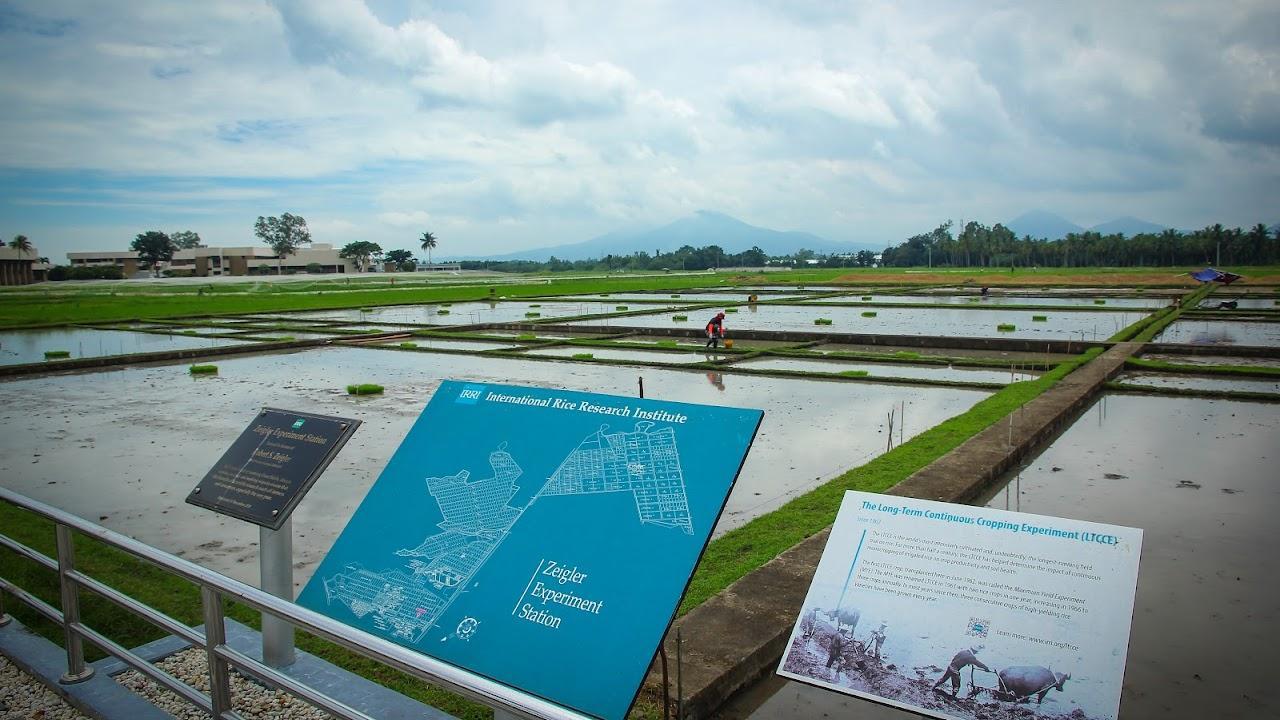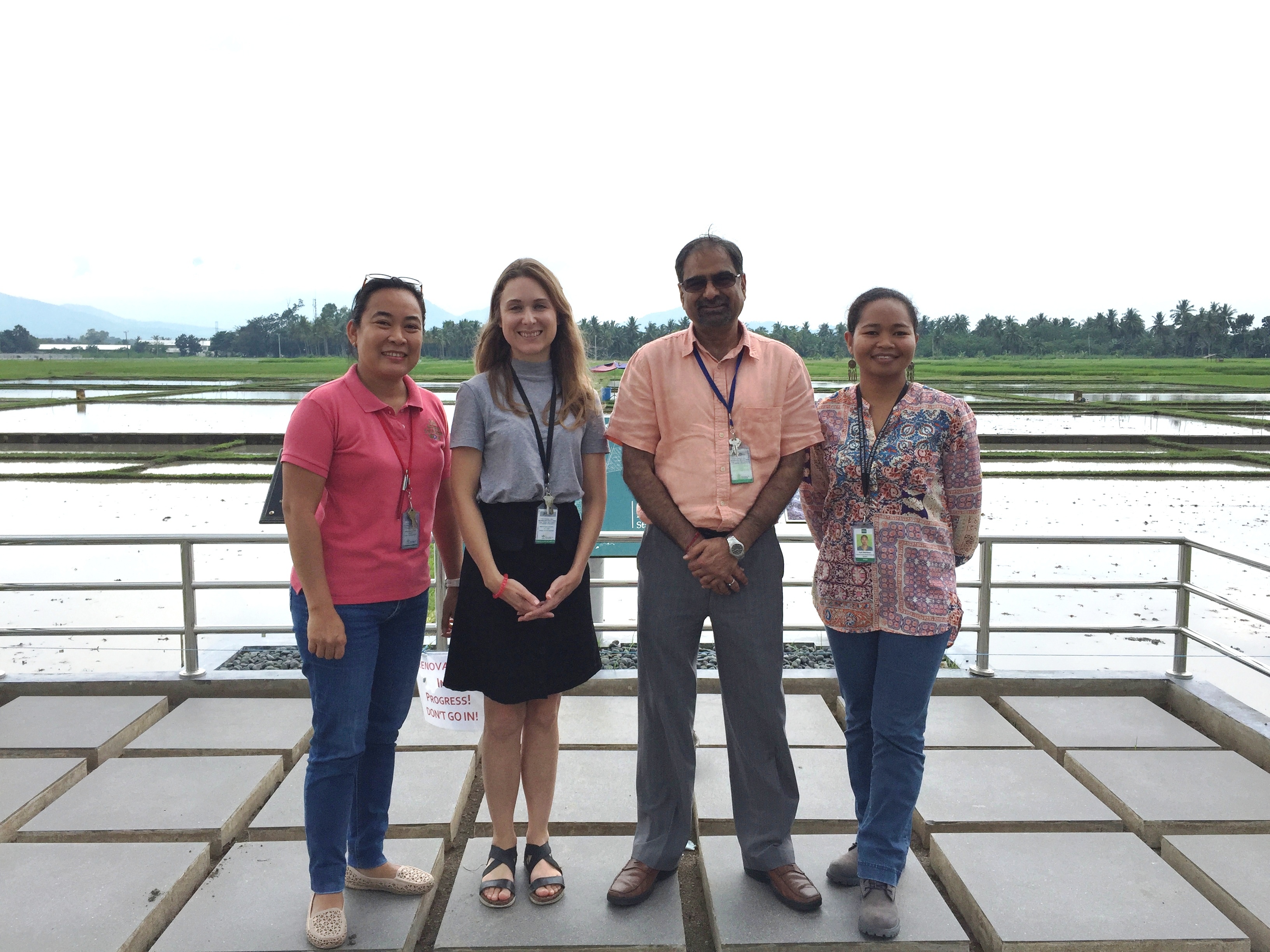
Breeding, Crop Management Needed to Increase Rice Production
Study found yield can be maintained despite climate change but challenges remain
Study of a rice field in Asia found that selective breeding and management decisions maintained crop yields despite climate changes, but those interventions weren’t enough to increase production to meet global demand, according to a paper from University of California, Davis.
The findings were published in the journal Proceedings of the National Academy of Science and illustrate the need for increased attention and funding for genetic improvements, soil management and crop production, lead author Jagdish Ladha, a plant sciences adjunct professor, said.
“We could maintain yield but not increase it with crop improvement management,” Ladha said. “But the potential is still there.”
Climate change restricted the upper yield limit for rice varieties and hence limited the ability for improved crop management to increase production.

Increased Demand for Rice
Since the 1970s, rice has fed large segments of people in Asia and Africa. As populations grow, rice yield will have to increase without taking up more land, Ladha said.
“I think agronomy and breeding are really important,” he said. “You cannot ignore one. It’s doubly important because climate is changing.”
Ladha’s analysis looked at data from a 50-year rice crop production experiment run by the International Rice Research Institute in the Republic of the Philippines.
That is the longest running rice cropping experiment project in the world, beginning in 1962 as a study about the maximum productivity that could be reached on roughly 2.5 acres of land. When new rice varieties that required less growing time became available in 1966, the experiment shifted to studying the effects of planting three times a year on the same land.
Over time, the focus shifted to examining issues around multi-season cropping and climate change, which generated millions of data points that have been collected and reported.
It is that information Ladha and a team of researchers analyzed.
Night Temperatures Affect Fertility
A major finding: Night temperatures are key to crop production because temperature changes can affect fertility. For every 1.8-degree Fahrenheit increase, productivity dropped by 10% at the experiment site.
That’s significant because modeling shows night temperatures will continue to rise to due to increasing greenhouse gas emissions.
“Ten percent is a pretty high loss,” he said. “Any change in climate is unfortunately very difficult to account for.”
Crop Changes Maintained Yield
Another insight: Yield declined from 1968 to 1990 but improved crop management over several years reversed the decline. Between 1996 and 2017, the same yield was maintained for the crops planted during the dry and early wet seasons. The late wet season still saw a decline.
“It was significant that we did maintain the annual yield for three crops on an average even though there were adverse climate changes happening,” he said.
While the data is from one site, it can be extrapolated to the roughly 54 million acres that are similarly farmed in Asia.
“This is very significant,” Ladha said. “More investment is needed in the breeding.”
Christian Santos-Medell, a UC Davis plant pathology postdoctoral researcher, as well as researchers from the International Rice Research Institute, University of Southern Queensland, University of Illinois Urbana-Champaign, International Fertilizer Association, Texas Tech University and the African Plant Nutrition Institute also contributed to this paper.
The work was funded by the Consultative Group on International Agricultural Research, through its rice agri-food systems program.
Media Resources
- Jagdish Ladha, Plant Sciences, jkladha@ucdavis.edu, 530-219-0207
- Emily C. Dooley, College of Agricultural and Environmental Sciences, ecdooley@ucdavis.edu, 530-650-6807
